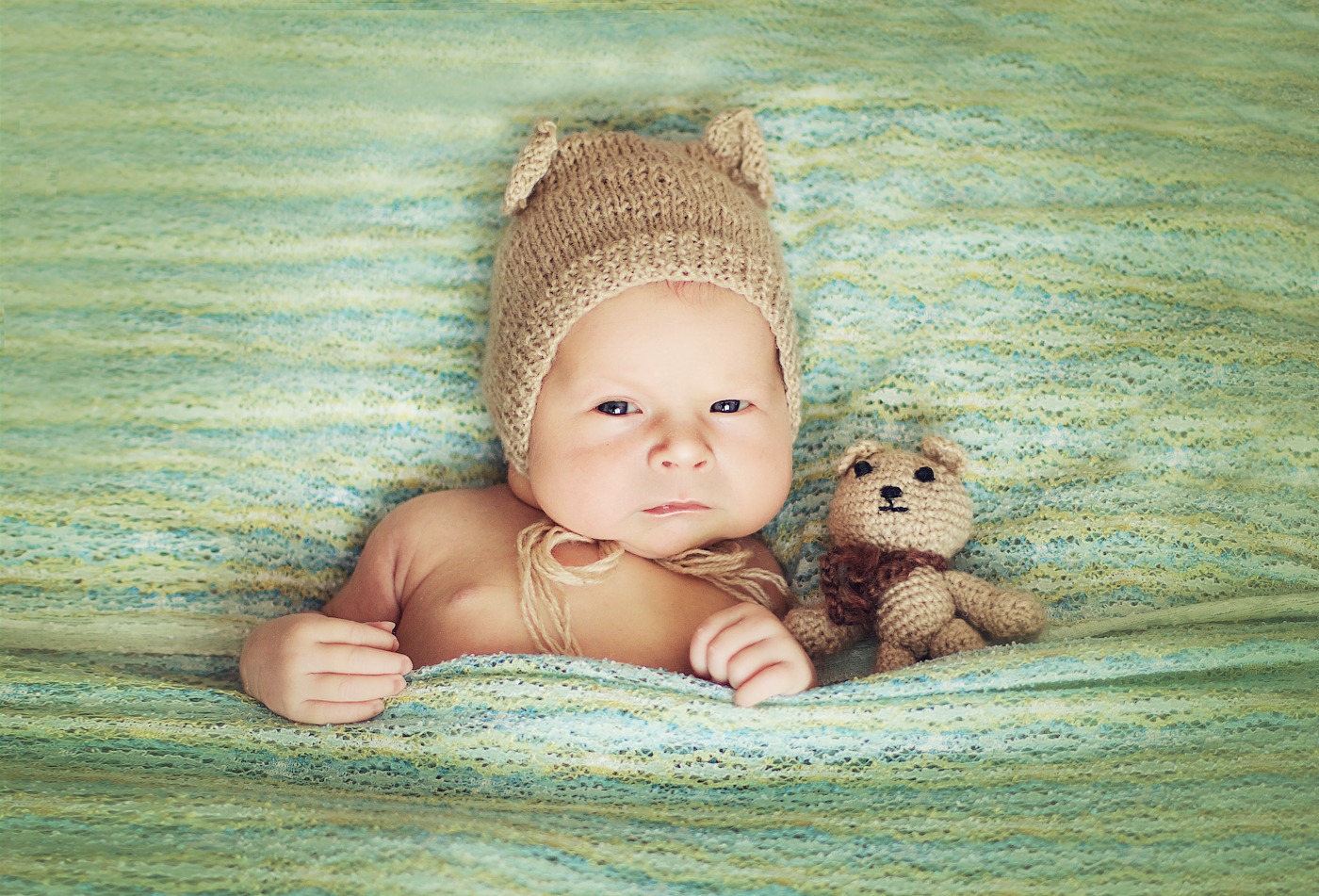Round cheeks, dimpled chin, rosy lips. When we think about a baby, any baby, the first word that comes to our mind is cute. But what is it about babies that makes us behave towards them the way we do?

In the 1930s, an Austrian ethologist conducted a study on animals to explain human behavior. He was later awarded the Nobel Prize for his exemplary work in the field. He came up with the concept of “Kindchenschema,” or “baby schema”: According to his theory, infants of many mammal species have a suite of features, such as a large head, large eyes, and a small nose, that prompt a caregiving response.

The research reiterated that ‘awwww’ is not the only human response to the cuteness of babies. Their features want adults to care for them and protect them. It is our natural instinct, something that we have been blessed with. It is probably because babies won’t make it into adulthood without adult supervision. The cuteness of babies implores adults to take care of them and help them evolve into fully functioning adults.


In 2009, scientists at the University of Pennsylvania decided to put Lorenz’s theory to an experimental test. They asked 122 undergraduate students to rate the cuteness of babies. The research findings were that the cuter the students found the baby, the more they wanted to care for them.

Human babies need more care than the babies of other species. Babies take a year or more to learn to walk, whereas the offspring of other species start walking in a matter of just a few hours or days. Human babies also need their mother’s milk for up to two years of their life, as opposed to kittens who only need to be weaned for the first month.

According to a review of the scientific literature in the journal Trends in Cognitive Sciences, not only men and women take extra efforts to look at cute infant faces longer but also prefer to give toys to cuter faces as opposed to relatively less cute ones.
Cuteness Compels Us to Think Differently


A fair amount of research suggests that our bodies respond to cuteness with certain amounts of physiological changes. A review conducted in 2016 tried to understand how our brains respond to not just physical cuteness but also cute voices and sounds of babies. It has also been observed that cuteness can drive more empathy and sensibilities in human adults.

This topic is quite deep, and still, there is research going on in it. There is some research that proves that not everyone finds babies cute or reacts to babies the way most do.

But there is not enough evidence to support this claim. Till then, let’s assume that when we find babies cute or invariably smile on seeing an adorable child, it is because we are naturally hardwired to respond in such a manner.
